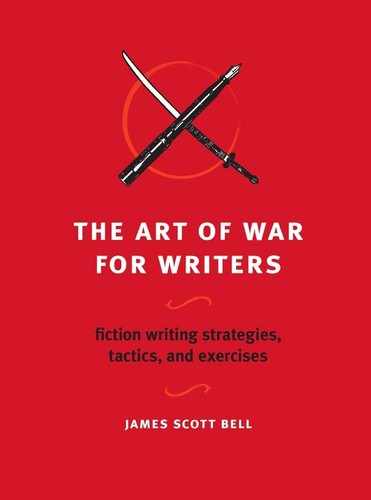
68
23
The writer of potential
greatness settles not for
“mere fi ction.”
A couple of years ago some writer friends and I were
discussing the merits of Moby-Dick. As I recall, only one
other intrepid soul joined me in extolling the virtues of
Herman Melville’s classic. The language is like the ocean
itself, I opined, with highs and lows and storms and
calms. (One of the other writers thought this sounded
more like a Harlequin romance scene than a description
of the book, but I digress.)
It turns out that the loudest howls of protest came
from those who had been forced to read Moby-Dick in
school. Not many kids are ready for that. I was lucky to
read Moby-Dick for the fi rst time after college, just be-
cause I wanted to. I loved it. (As an aside, if you do decide
to give the book a try, or another try, be sure to pick up
a version with illustrations by Rockwell Kent. They are
the perfect meeting of artist and novel.)
I do think there is one point the critics and support-
ers of Moby-Dick can agree upon, and that is this: Melville
can never be accused of writing mere fiction. He was going
for it. In sports parlance, he was leaving it all out there on
Z4273i_066-099.indd 68Z4273i_066-099.indd 68 9/24/09 11:20:52 AM9/24/09 11:20:52 AM

69
the fl oor. Herm could have made a good living writing
penny dreadfuls, but he was after more than a living. He
was about that elusive dream of literature as apotheosis.
He was himself pursuing a white whale of artistic vision.
God love him.
By the way, that term mere fiction comes from an essay
by the late John Gardner, the noted novelist, teacher and
essayist. I like the term, because there is too little time
for anyone to be settling for mere fi ction.
While heeding the profit of my counsel, avail
yourself also of any helpful circumstances over
and beyond the ordinary rules.
—Sun Tzu
So I was roundly castigated in the group for daring
to enjoy Moby-Dick. This went on for some time.
I had to laugh, then, when a couple of days after
what I now call “The Great Moby Dustup,” I picked up
my copy of ’Salem’s Lot by Stephen King. I’d read it years
ago, but my son got me the new, illustrated hardback
edition for Christmas. And it had a new introduction
by the author.
At this point in his career, King was still an unpub-
lished novelist. Carrie had yet to come out. But he had
this vision for a vampire book that was breathtaking in
its grandiosity, especially for a twenty-three-year-old
Z4273i_066-099.indd 69Z4273i_066-099.indd 69 9/24/09 11:20:52 AM9/24/09 11:20:52 AM

70
without a novel on the shelf. He wanted to combine, he
says, the vampire myth of Bram Stoker’s Dracula with the
“naturalistic fi ction of Frank Norris and the EC horror
comics I’d loved as a child … . Did I really think I could
combine Dracula and Tales From the Crypt and come out
with Moby-Dick? I did. I really did … . Was I daunted by
the fact that Moby-Dick only sold about twelve copies in
Melville’s lifetime? Not I; one of my ideas was that a nov-
elist takes the long view, the lofty view, and that does not
include the price of eggs. (My wife would not have agreed,
and I doubt if Mrs. Melville would have, either.)”
Well bravo for King. And Melville. No mere fi ction for
these two. And look! Melville, forgotten in his lifetime,
is still talked about today and taught in college courses.
King himself is taught right now, and has sold consider-
ably more than twelve copies.
Which is to say, go for it. Don’t settle for mere fi ction.
Have a little of the twenty-three-year-old Stephen
King ’tude. You won’t fail. As the old advertising man
Leo Burnett once said, “When you reach for the stars
you may not quite get one, but you won’t come up with
a handful of mud either.”
Z4273i_066-099.indd 70Z4273i_066-099.indd 70 9/24/09 11:20:52 AM9/24/09 11:20:52 AM
..................Content has been hidden....................
You can't read the all page of ebook, please click here login for view all page.
